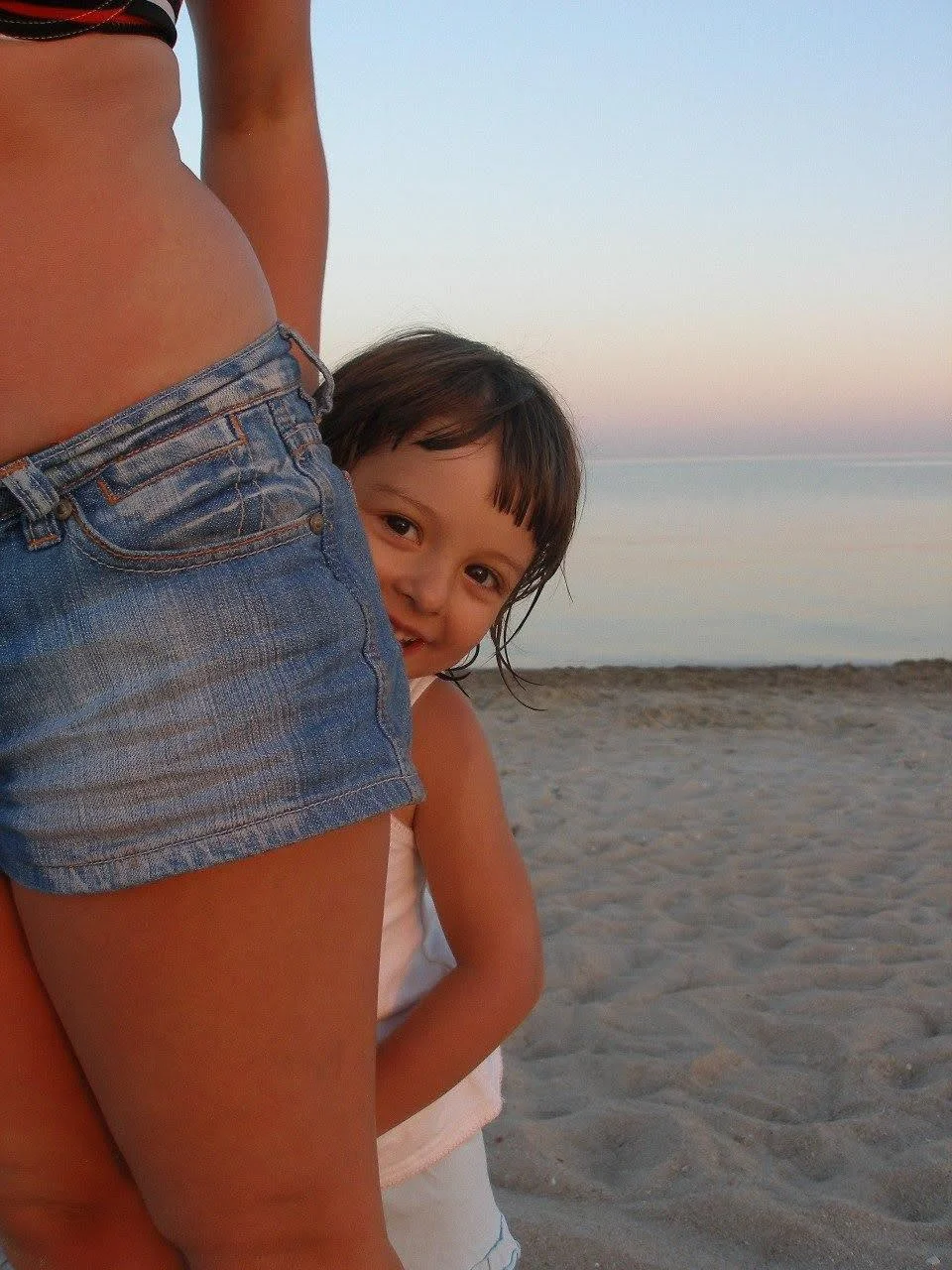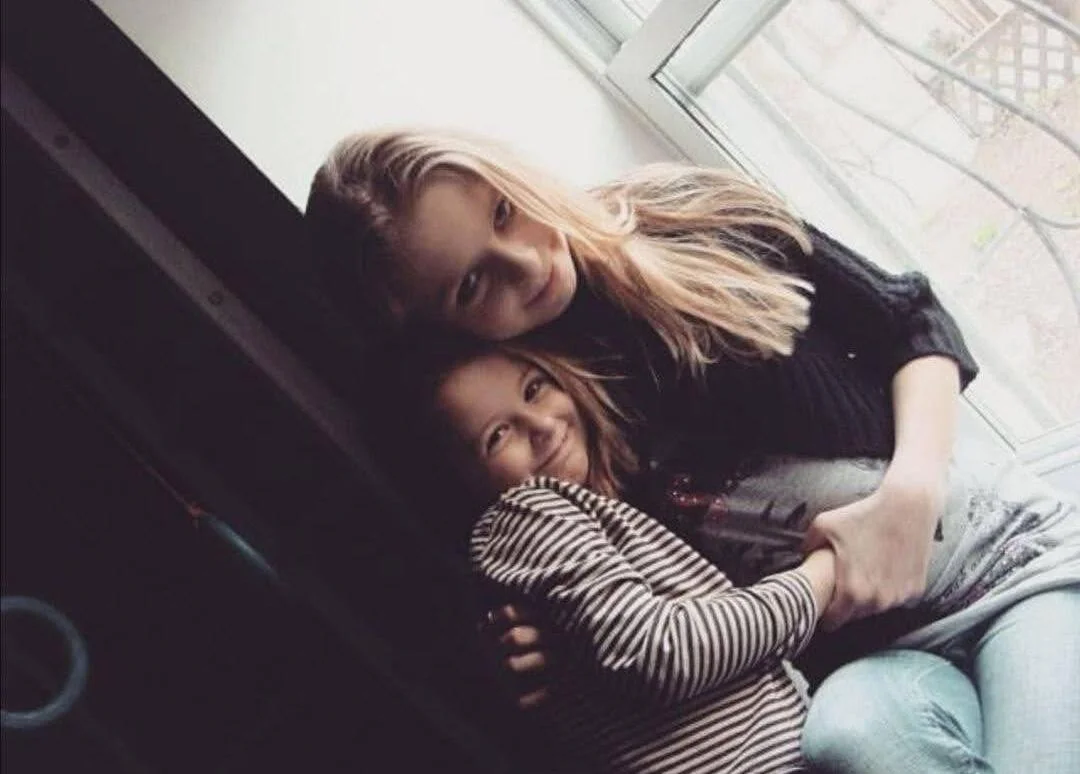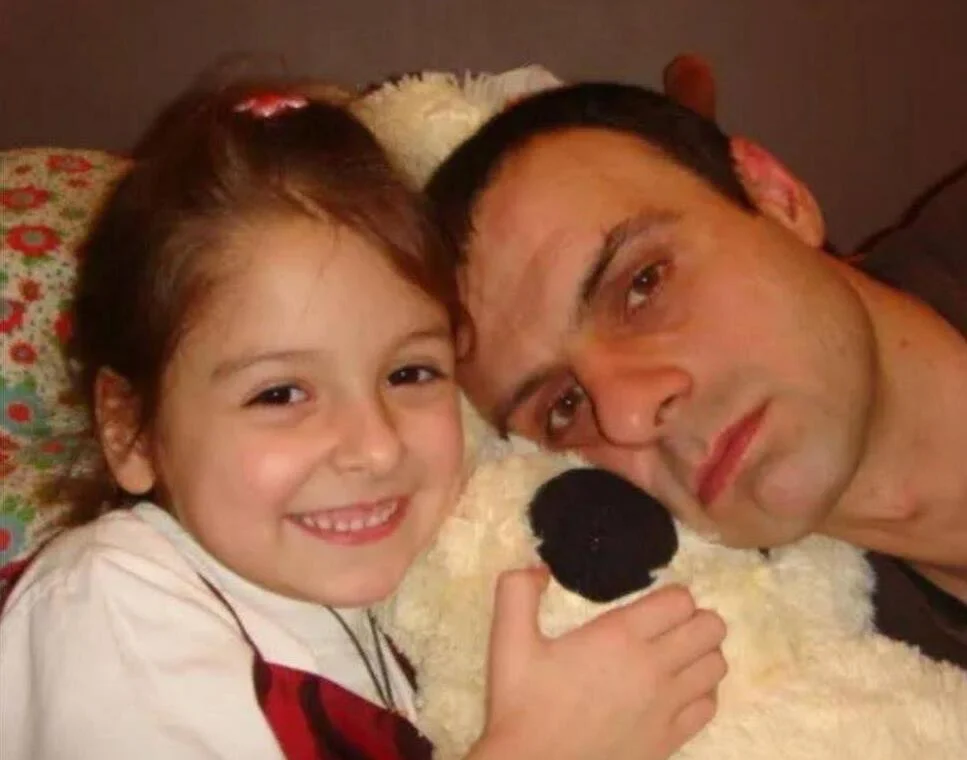I was born on February 5, 2007, in the beautiful city of Mariupol on the shore of the Azov Sea. Only seven years old, I watched war enter my life. Nearing the end of my first school year, I was looking forward to summer break and the last bell when the familiar world collapsed.
War knows no mercy.
It robs even the strongest adults of peace, and for a child it becomes a trial no one can prepare for.
My first memory is a night under shelling.
I woke to my parents anxious voices as the house shook.
My mother held me close and carried me to the basement where neighbours were hiding.
I didn’t understand what was happening, but for the first time I heard the word “war.” The walls rumbled, the explosions came closer, and it felt as if the night would never end.
In the spring of 2014 Russia annexed Crimea, and fighting and seizures of our territory began in Donetsk and Luhansk.
My Mariupol was caught on the front line: Russian fighters shelled the city, seized administrative buildings, and carried out acts of sabotage.
The spring that should have brought the joy of final school celebrations and carefree games brought instead the first gunfire and constant alarm.
I didn’t even get to finish first grade peacefully – while other children prepared for school ceremonies, we hid in basements and counted explosions.
Over time the shelling became a grim background noise, and I tried to convince myself it was only a natural phenomenon, like rain. It was easier that way.
Standing on the windowsill with my hands against the glass, I felt the ground shake from Grad rocket fire. I was learning to determine the type of flying projectile by sound.
In my childish thoughts there was only one question – was my father still alive?
He ran a car-repair station near the road to the Russian border. Bullet and shrapnel holes scarred the building, and empty shell casings lay on the ground.
One attack stays with me more than any other.
It was louder than anything before.
Looking out the window I saw tanks and heard gunfire racing across the sky.
It was in May, when Russian troops entered Mariupol with tanks and the city prepared to defend itself.
The streets filled with the roar of armoured vehicles, the air grew heavy, and fear wrapped itself around everything. I sat in my mother’s arms and cried.
The city shook from explosions, but the worst part was not the blasts themselves- it was the pauses between them.
In those brief moments of silence, the quiet sounded louder than the shelling, as if the whole world was holding its breath.
Each time I hoped it was over, but the silence would break with another explosion, and my heart tightened even more.
I no longer knew what was worse – the roar that made the walls tremble, or the silence of the phone while my father, somewhere out there, still didn’t answer.
When the shelling finally stopped and the city fell into a short, uneasy calm, my mother and I decided to drive to my father.
The road felt endless. In the distance muffled blasts still echoed, smoke rose above rooftops, and stray animals wandered along the roadside.
People ran with suitcases, some cried, some walked forward in grim determination, and some were too afraid to step outside.
From that time on, fear settled inside me.
I stopped sleeping, and the rare dreams I had turned into nightmares.
Then came my first long-awaited summer after first grade – a summer that should have been filled with games and the sea, but instead brought only anxiety and sleepless nights.
I dreamed of ice cream and the beach, but the city lived in expectation of new attacks, and every evening felt like it might be the last.
Time did not stop, and I had to go on to second grade.
Much of our school program focused on survival in our new reality.
We were taught how to evacuate, give first aid, and recognize mines.
Instead of notebooks decorated with bright, cheerful pictures, we had booklets with warnings about shells and the fragility of life.
Instead of entertainers, policemen and soldiers came to teach us how to protect ourselves.
On the way to school my mother and I would see fresh tank and armored vehicles, and from our teachers we heard new stories of children injured by hidden explosives.
My childhood burned away with that summer.
I know now that living next to Russia means always being ready for the next strike.
People like to believe it will never touch them, but with every action Russia shows that it is only a matter of time
We cannot stay silent about this.
Russia is not a neighbour – it is a terrorist state that brings death.



